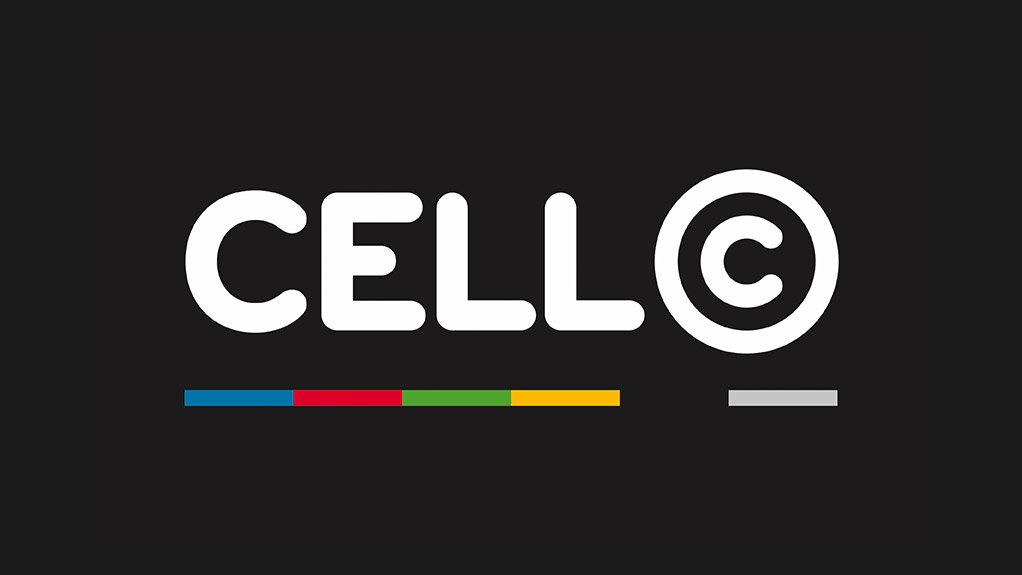/ MEDIA STATEMENT / The content on this page is not written by Polity.org.za, but is supplied by third parties. This content does not constitute news reporting by Polity.org.za.
The Portfolio Committee on Small Business Development has expressed concern about the business arrangement between Cell C, Huawei, Broluz SA and Boniswa Corporate Solutions (BCS).
The Committee has learned that on its request for a loan from a Chinese development bank to fund its operation and infrastructure, Cell C was given a loan under the condition that it uses a Chinese supplier, a process referred to as vender funding.
The Committee heard that Cell C entered into contract with Huawei to build base stations in Cape Town. Huawei then enrolled the services of Broluz SA, which regrettably, did not have adequate capacity to execute the project, but Cell C offered that Broluz SA outsource to BCS.
Payment arrangements were that Cell C pay Huawei, and Huawei pay Broluz SA which would eventually make payment to BCS. Broluz SA has since been liquidated, and failed to pay BCS for the work done since December 2015. Meanwhile, Cell C insists that it paid money to Huawei, but Broluz SA maintains that it has not been paid by Huawei. The Committee expressed serious concern in that uncertainties in relation to payments has negatively affected BCS for a year now.
Committee Chairperson, Ms Ruth Bhengu, said it is a great concern that Cell C, being the recipient of BCS’ products and services, did not intervene on the payment matter. “Under normal circumstances it would be in the interest of Cell C to make sure that products and services the company consumes were paid for,” said Ms Bhengu.
The Committee did not take kind to the fact that Huawei did not honour the invitation to attend Committee meeting. Ms Bhengu said the most disturbing part is that Cell C is enjoying income generated through a service provided by BCS, whereas Huawei is keeping money that is due to BCS for services rendered. She said the matter left BCS struggling to pay its employees. “How would small businesses create the 9.9 million more jobs by 2030 when big companies squeeze them out of business in this manner,” asked Ms Bhengu.
The Committee will use this matter as a case study that it will use to deeply assess the fairness of vendor funding and conditions for supply of services imposed by big corporations to small businesses in order to protect small businesses and cooperatives from exploitation. It will also follow up on this matter in 2017, where Huawei will be invited again to give reasons for keeping money paid by Cell C for services provided by BCS for more than eleven months.
The Committee views the practice as perpetual tendency by big private corporations who continue to marginalise Small, Medium and Micro Enterprises (SMME) and Corporatives in order to squeeze them out of business. Ms Bhengu said there were no reasonable grounds to justify the fact that BCS had to supply Cell C with products and services through Broluz SA.
“It is disconcerting the manner in which this business arrangement was handled from the start. What the Committee is struggling to comprehend is the fact that why Broluz SA was involved in the value chain, whereas it was clear from the start that it could not deliver. In our view the contract should have been entered directly between the Huawei and BCS,” said Ms Ruth Bhengu, Committee Chairperson.
Ms Bhengu also said that the conduct of overlooking emerging SMMEs and Corporatives by big private corporations was intolerable in the new dispensation of the National Development Plan (NDP), in which 90% of the 11 million targeted jobs is expected to come from small businesses by 2030.
She said non-payment of small businesses within 30 days as required by government policy creates unconducive environment for them to operate and contribute to the targeted number of jobs.
“It is our considered view that there could be many small businesses like BCS out there suffering marginalisation at the whim of big corporations, and believe that it is high time government introduces a Bill that will enforce payment of suppliers within 30 days by both private companies and government,” said Mr Bhengu.
Issued by Parliamentary Communication Services on behalf of the Chairperson of the Portfolio Committee on Small Business Development, Ms Ruth Bhengu
EMAIL THIS ARTICLE SAVE THIS ARTICLE
To subscribe email subscriptions@creamermedia.co.za or click here
To advertise email advertising@creamermedia.co.za or click here











